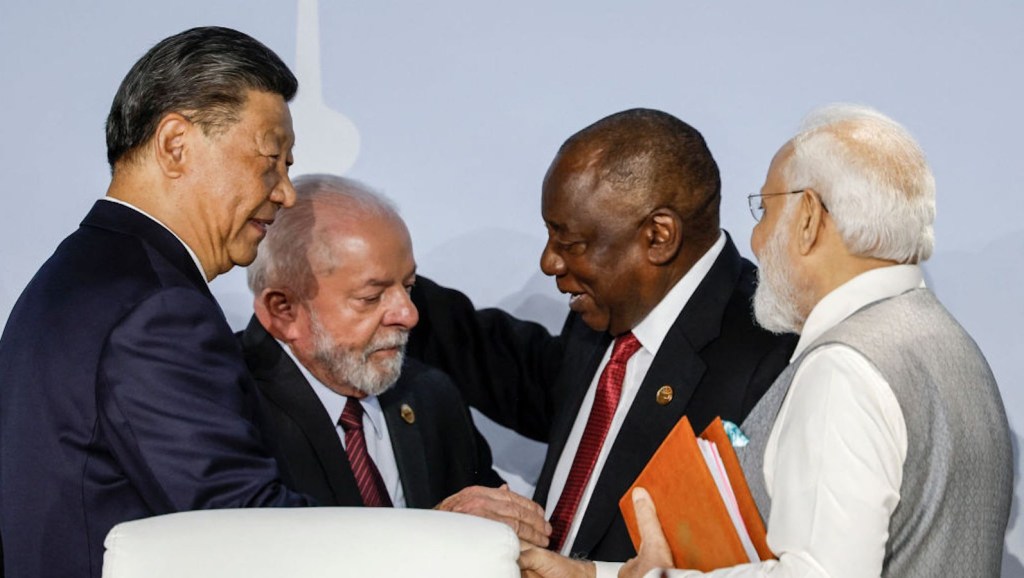
The BRICS grouping, comprising Brazil, Russia, India, China, and South Africa, has emerged as a significant player in international affairs. With a combined population of over 3 billion people and a substantial share of the global economy, BRICS nations are increasingly shaping global debates on trade, finance, and security.
The BRICS grouping was established in 2006 primarily as a forum for cooperation on economic and financial matters. However, its scope has since expanded to include political, cultural, and security issues. The key objectives of BRICS include:
BRICS nations have made progress in several areas, including:
However, BRICS also faces challenges, such as:
The future of BRICS remains uncertain, but it is likely to play an increasingly important role in global affairs. As BRICS nations continue to grow economically and politically, they will have a greater say in shaping the rules and institutions that govern the global order.
“BRICS is not just a geopolitical grouping, but also a reflection of the changing balance of economic and political power in the world,” said Dr. Ramesh Thakur, a professor of international relations at the Australian National University. “Its members are seeking to create a more just and equitable global system that reflects the interests of the majority of the world’s population.”
